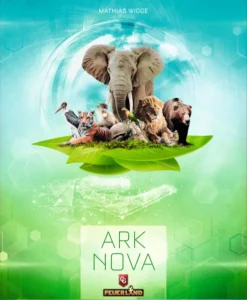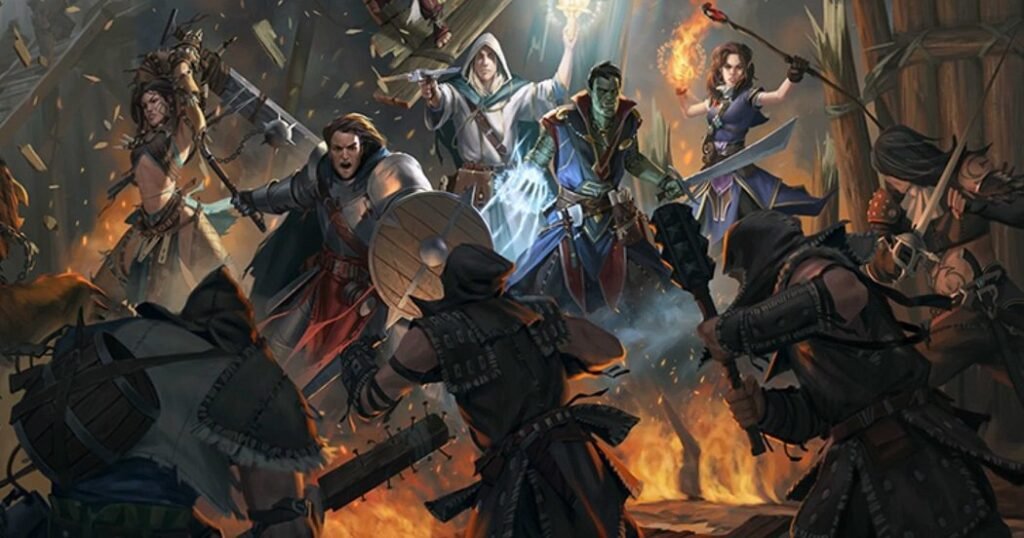
Choosing ancestries in Pathfinder 2E holds greater significance than ever before. In previous editions, the selection of your ancestry, or race as it was once known, often boiled down to picking one that conveniently aligned with the ability score increases your chosen class demanded. Dwarf clerics, elven rogues, human everything—you get the drift.
Revamped Ability Score Boosts
Pathfinder 2E alters this landscape by revamping how ancestries provide ability score boosts. Now, each ancestry offers a complimentary ability score boost alongside their traditional adjustments (except for humans, who remain versatile as ever). Moreover, a wealth of ancestral feats ensures that your ancestry remains relevant long past your initial levels. Plus, with the option to trade two penalties for an extra boost during the ancestry selection, you’re no longer confined by your inherent drawbacks. Fancy being a dwarf sorcerer or a gnome barbarian? It’s more feasible than you might imagine.
Diverse Benefits of Heritage
Each ancestry introduces a heritage, akin to subraces in other systems, offering diverse benefits like damage resistances, enhanced saves, or even human lineage variations like half-elves and half-orcs.
Bonus Hit Points
Additionally, ancestries now grant bonus hit points. While the long-term impact might seem minimal, at first level, the disparity between an additional 6 or 10 hit points can be pivotal, making characters notably sturdier in their early adventures.
Martial Proficiency
Lastly, each ancestry (excluding humans) provides optional feats that grant proficiency, and eventually expertise, in specific weapons along with all weapons bearing the ancestry’s designation. This boon caters to characters seeking broader martial options.
Now let’s dive into each of the different lineages you can choose from as well as the pros and cons you can expect from them.
Dwarves: Resilient and Dependable
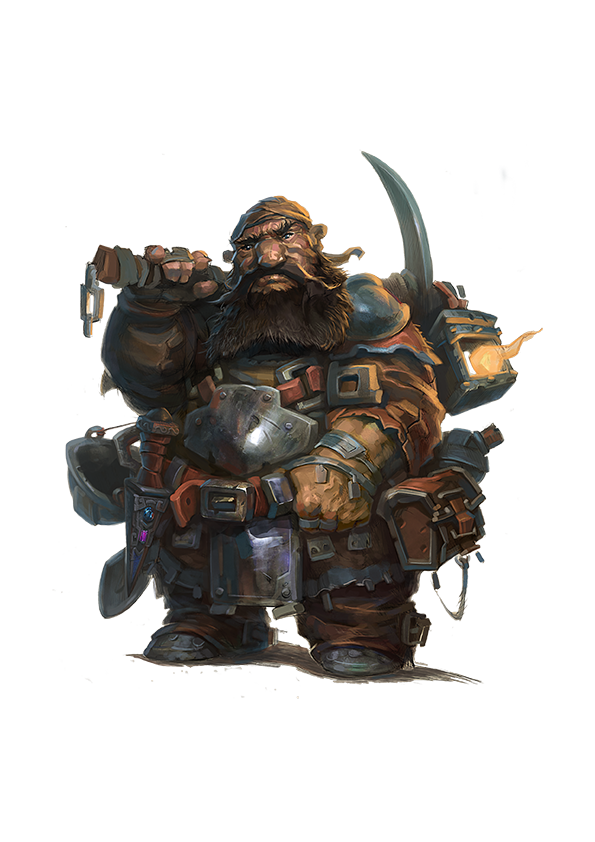
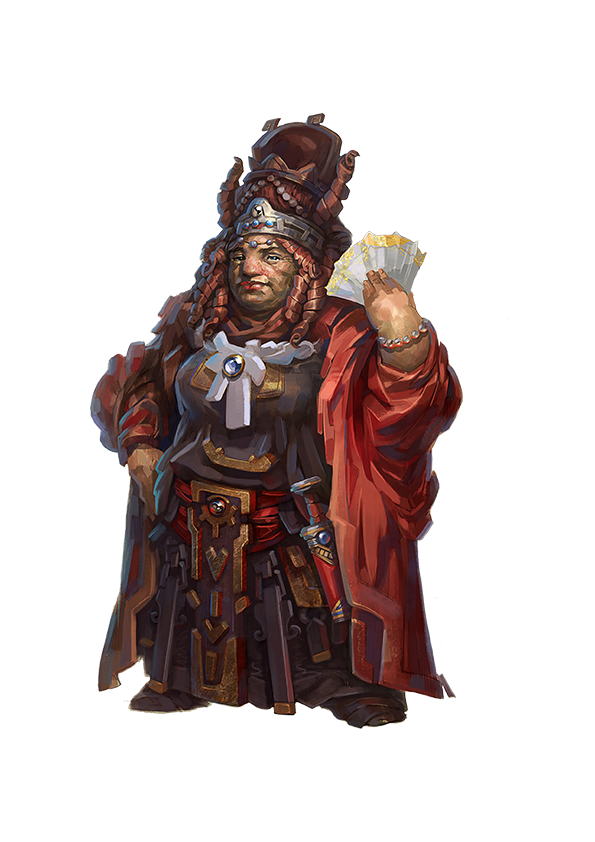
Dwarves have a well-earned reputation as a stoic and stern people, but they also have an unbridled zeal and deeply value artisanship. To a stranger, they can seem untrusting and clannish, but to their friends and family, they are warm and caring. While trust from a dwarf is hard-won, once gained it is as strong as iron.
Stats: +CON, +WIS, -CHA, +FREE
Pros: Dwarves are renowned for their toughness, bolstered by a substantial 10 additional hit points from their ancestry, as well as boosts to Constitution and Wisdom. Their enduring nature is further augmented by a selection of feats and heritages that enhance their endurance in various ways. Additionally, Dwarven Weapon Training grants them proficiency in picks, battleaxes, and warhammers, providing a versatile arsenal of melee weapons suited for various combat situations. Charisma, often considered a dump stat for many, remains a less critical attribute for dwarves, allowing them to focus on other areas of expertise.
Cons: Despite their resilience, dwarves are not known for their speed, with a base movement speed of 20 feet, which can be cumbersome for martial characters who rely on agility and quick movement in combat.
Elves: Graceful and Versatile
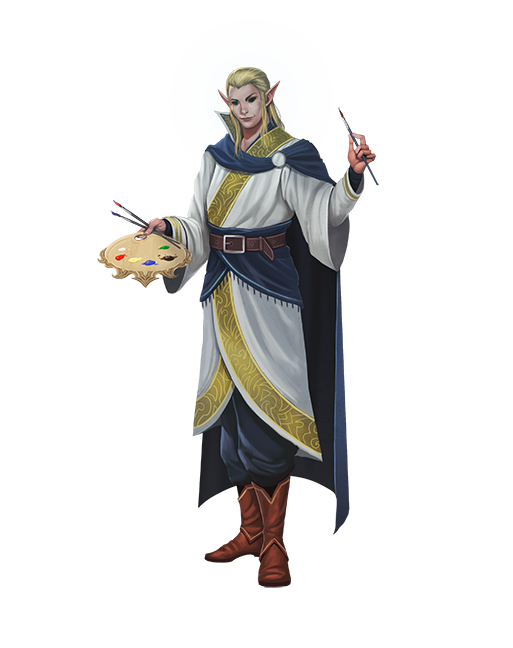
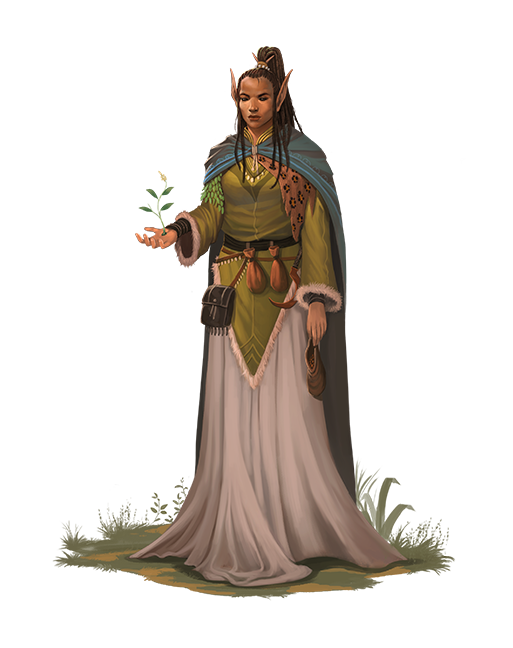
As an ancient people, elves have seen great change and have the perspective that can come only from watching the arc of history. After leaving Golarion in ancient times, they returned to a changed land, and they still struggle to reclaim their ancestral homes. Elves value kindness, intellect, and beauty, with many elves striving to improve their manners, appearance, and culture. Their studies delve into a level of detail that most shorter-lived peoples find excessive or inefficient. Elves are often rather private people, steeped in the secrets of their groves and kinship groups. They’re slow to build friendships outside their kinsfolk, as elves who spend their lives among shorter-lived peoples often become morose after watching generations of companions age and die. These elves are known as Forlorn among their fellow elves.
Stats: +DEX, +INT, -CON, +FREE
Pros: Elves excel in mobility, boasting a base movement speed of 30 feet, unmatched by any other ancestry. Their innate agility and intellect make them adept at a wide range of skills, further enhanced by their ancestral feats. With Elven Weapon Training, they gain proficiency in a diverse array of weapons, including longbows, shortbows, longswords, and rapiers, offering unparalleled versatility in combat styles.
Cons: Despite their prowess, elves are known for their fragility, with only 6 additional hit points from their ancestry and a penalty to Constitution. This can prove challenging for martial characters who require endurance in battle, often necessitating careful consideration during character creation to balance their stats effectively.
Gnomes: Curious and Magical
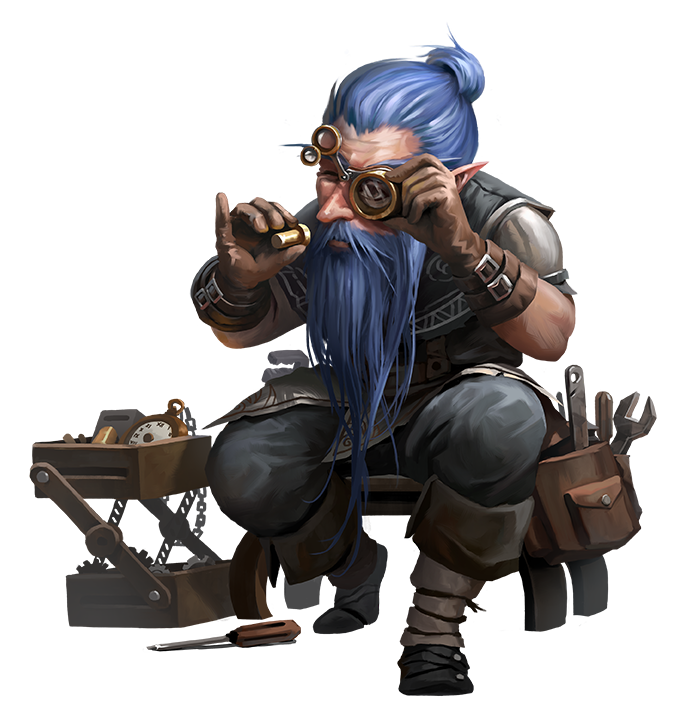
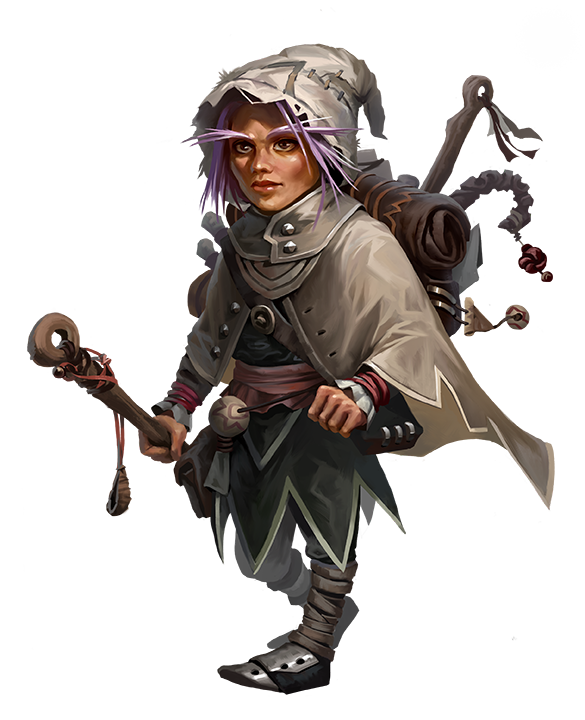
Always hungry for new experiences, gnomes constantly wander both mentally and physically, attempting to stave off a terrible ailment that threatens all of their people. This affliction, known as the Bleaching, strikes gnomes who fail to dream, innovate, and take in new experiences. The Bleaching slowly drains the color— literally—from gnomes, and it plunges those affected into states of deep depression that eventually claim their lives. Very few gnomes survive this scourge, becoming deeply morose and wise survivors known as bleachlings.
Stats: +CON, +CHA, -STR, +FREE
Pros: Gnomes possess a wealth of magical options through their ancestry feats, granting them innate spells, connections to animals, and specialized lore training. Their proficiency with weapons such as the glaive and kukri, thanks to Gnome Weapon Training, offers them strategic advantages in combat, particularly with the inclusion of a reach weapon. Additionally, their 8 additional hit points from their ancestry and a bonus to Constitution make gnomes surprisingly hardy despite their small stature. For casters, the ability to dump Strength and their average base movement speed of 25 feet further enhance their suitability for magical pursuits.
Cons: While gnomes lack significant weaknesses, the absence of mobility or durability enhancements in their ancestral feats may make other ancestries more appealing for martial-focused characters seeking additional advantages in combat.
Goblins: Wild and Unpredictable
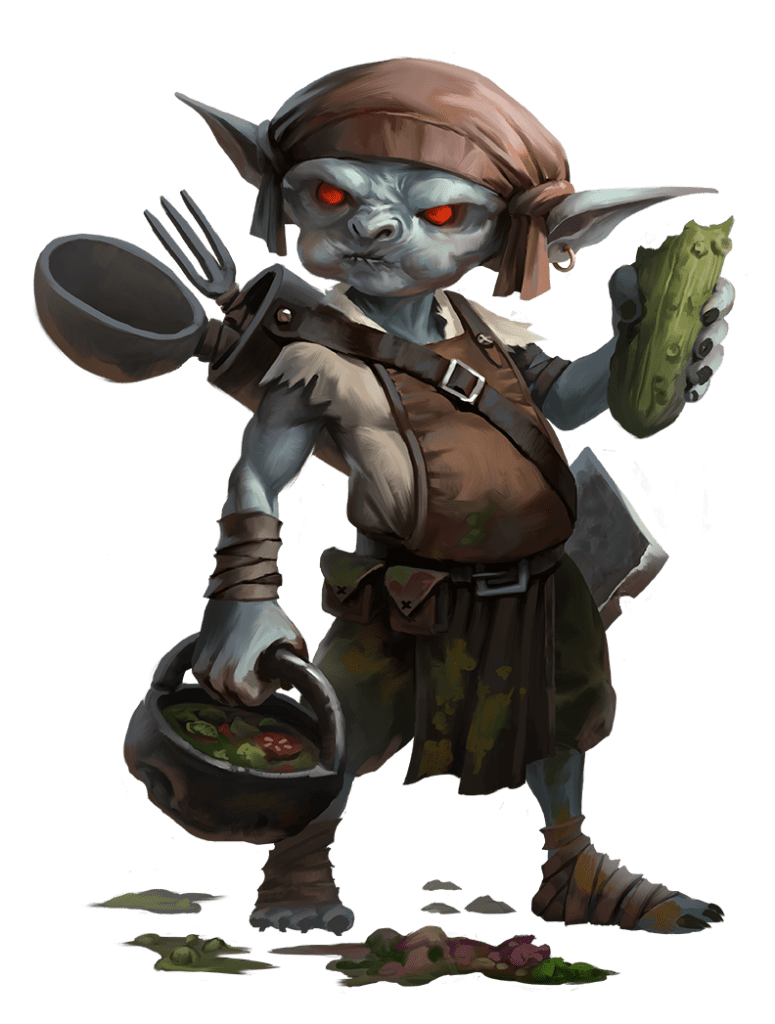
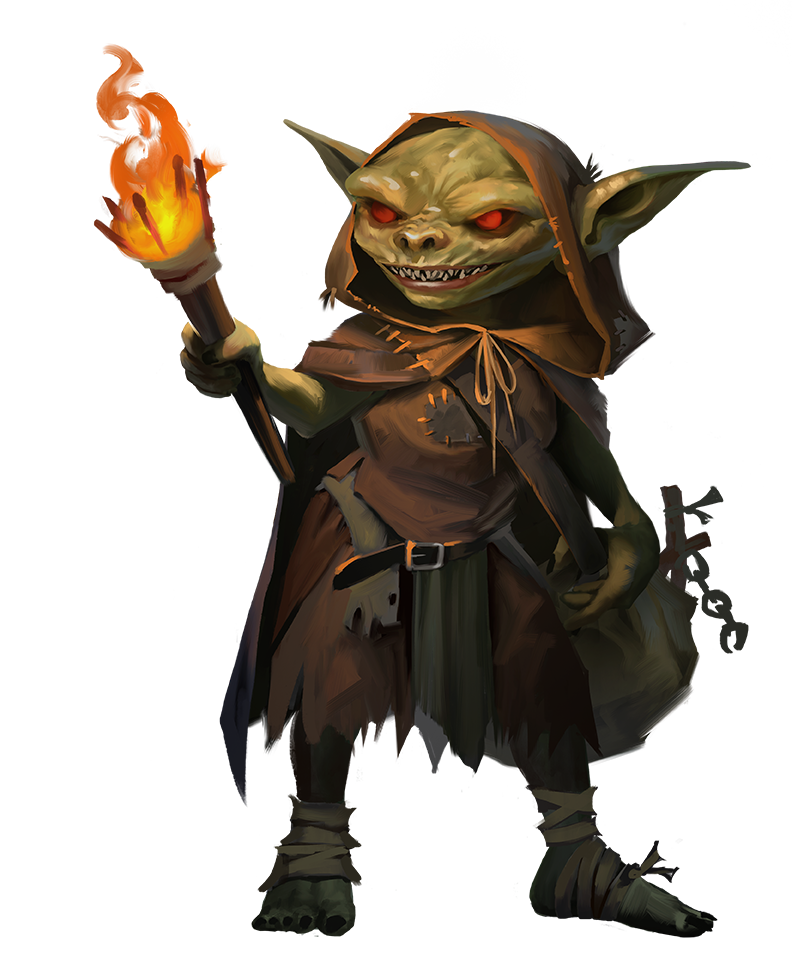
The convoluted histories other people cling to don’t interest goblins. These small folk live in the moment, and they prefer tall tales over factual records. Goblin virtues are about being present, creative, and honest. They strive to lead fulfilled lives, rather than worrying about how their journeys will end. To tell stories, not nitpick the facts. To be small, but dream big. Many goblins enjoy simpler delights like songs, fire, and eating, and hate reading, dogs, and horses. Other goblins might have more complex pursuits, though, such as tinkering with scraps or concocting snacks and explosives from most anything.
Stats: +DEX, +CHA, -WIS, +FREE
Pros: Goblins possess a unique set of ancestry feats tailored for stealthy individuals, pyromaniacs, and those with a penchant for mischief. Their base movement speed of 25 feet allows for swift maneuverability, complemented by feats that enhance their mobility further. Proficiency in unconventional weapons like dogslicers and horsechoppers adds to their versatility in combat. Additionally, the Unbreakable Heritage provides a substantial boost of 10 hit points, along with a quirky tendency to bounce when dropped.
Cons: Despite their strengths, goblins suffer from a low base of 6 additional hit points from their ancestry, which can leave them vulnerable in combat situations. The penalty to Wisdom also presents challenges, particularly in regards to Will saves. Furthermore, goblins may still face distrust and discrimination in many places due to their reputation and unconventional behaviors.
Halflings: Courageous and Unassuming
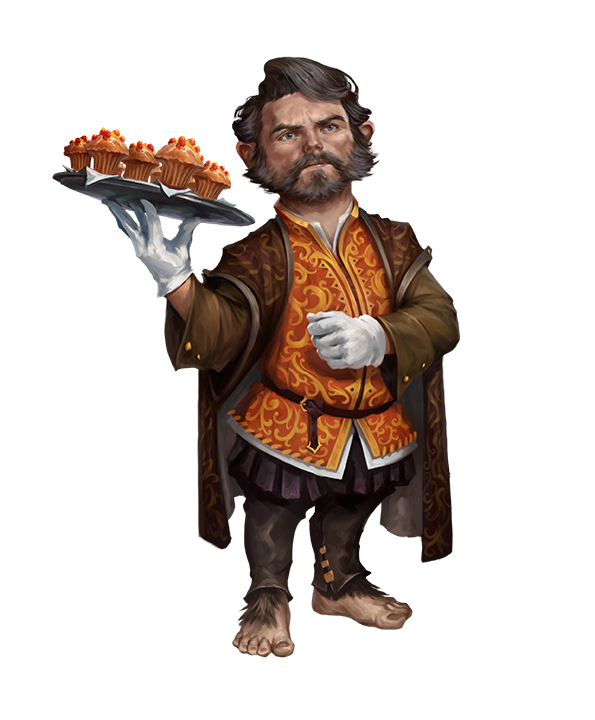
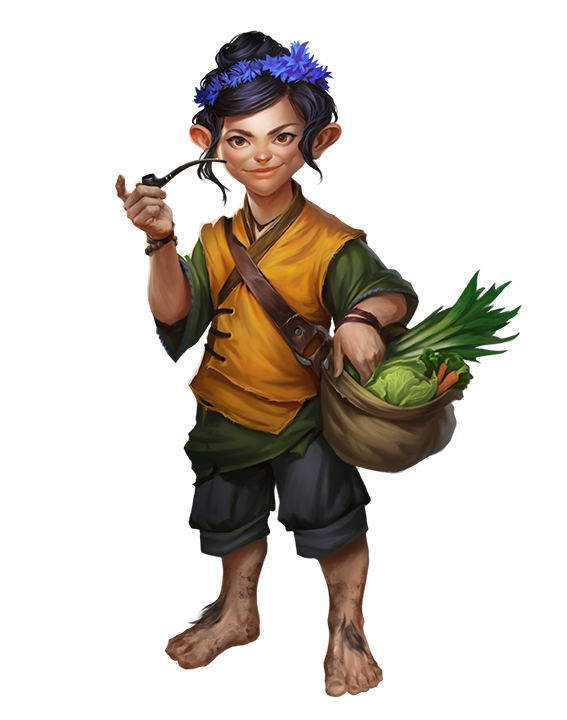
Claiming no place as their own, halflings control few settlements larger than villages. Instead, they frequently live among humans within larger cities, carving out small communities alongside taller folk. Optimistic, cheerful, and driven by powerful wanderlust, halflings make up for their short stature with an abundance of bravado. At once excitable and easygoing, halflings are the best kind of opportunists, and their passions favor joy over violence. While their curiosity sometimes drives them toward adventure, halflings also carry strong ties to house and home.
Stats: +DEX, +WIS, -STR, +FREE
Pros: Halflings are blessed with luck and bravery, allowing them to navigate perilous situations with ease. They possess unique abilities to become nearly immune to fear and to blend seamlessly into their surroundings, making them invaluable allies in stealth and reconnaissance missions. Their racial traits make Strength a viable dump stat for spellcasters, while the boosts to Dexterity and Wisdom benefit characters of any class. Additionally, their base movement speed of 25 feet offers a respectable pace for traversing various terrains.
Cons: Despite their inherent strengths, halflings suffer from a relatively low base hit point pool of 6 from their ancestry, making them more susceptible to damage in combat. Furthermore, their weapon training provides proficiency in slings and shortswords, which may pale in comparison to the options available to other ancestries, limiting their versatility in martial combat scenarios.
Humans: Ambitious and Versatile
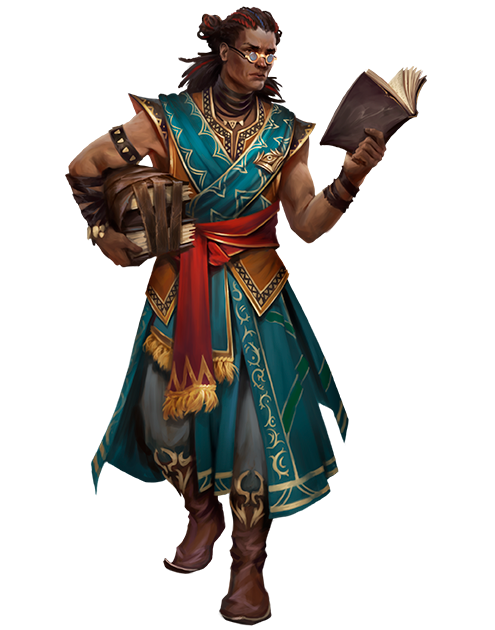
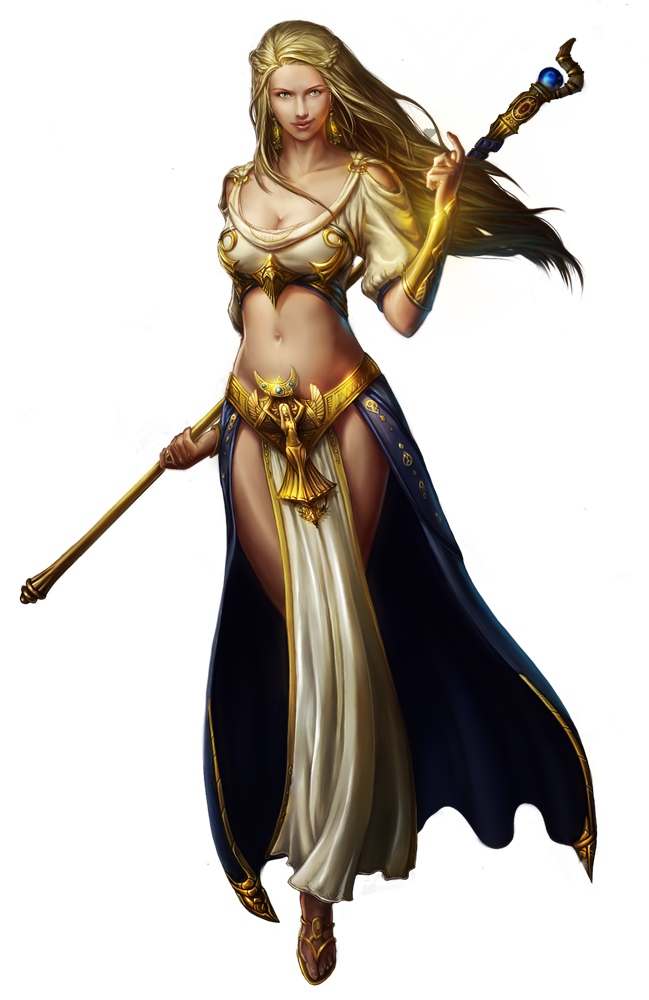
Humans’ ambition, versatility, and exceptional potential have led to their status as the world’s predominant ancestry. Their empires and nations are vast, sprawling things, and their citizens carve names for themselves with the strength of their sword arms and the power of their spells. Humanity is diverse and tumultuous, running the gamut from nomadic to imperial, sinister to saintly. Many of them venture forth to explore, to map the expanse of the multiverse, to search for long-lost treasure, or to lead mighty armies to conquer their neighbors—for no better reason than because they can.
Stats: +FREE, +FREE
Pros: Humans are incredibly versatile, offering unparalleled flexibility in customizing their abilities to suit their chosen path. With no restrictions on ability score increases, humans have the freedom to tailor their characters to their liking. Additionally, they gain numerous benefits, including extra class feats, general feats, and multiclass dedication feats, along with bonuses to skill checks. Furthermore, humans receive 8 additional hit points from their ancestry, providing a decent boost to their survivability. Half-elves and half-orcs, born of human lineage, inherit distinct advantages such as elven mobility, skill versatility, and access to Elven Weapon Training, or the resilience of Orc Ferocity and proficiency in falchions and greataxes. Even as regular humans, the added flexibility in skill selection enhances their adaptability, making them valuable members of any adventuring party.
Cons: While humans excel in adaptability, some may consider them average compared to other ancestries. They lack unique ancestral abilities and their weapon training is considered mediocre by some standards. However, these drawbacks are minor in comparison to the overall versatility and adaptability that humans bring to any role or class.
Conclusion:
Choosing ancestries in Pathfinder 2E is a decision with far-reaching consequences, shaping not only your character’s abilities but also their backstory and role-playing opportunities. Consider your playstyle, character concept, and party dynamics when selecting your ancestry, and embrace the diverse possibilities that each lineage offers.
At no extra cost to you, The Board Game Site may receive revenue from affiliate and advertising partnerships for sharing this content and from purchases through links.







